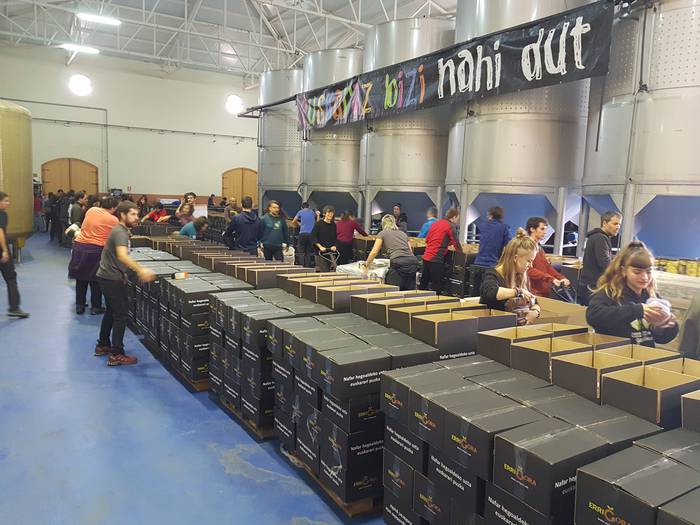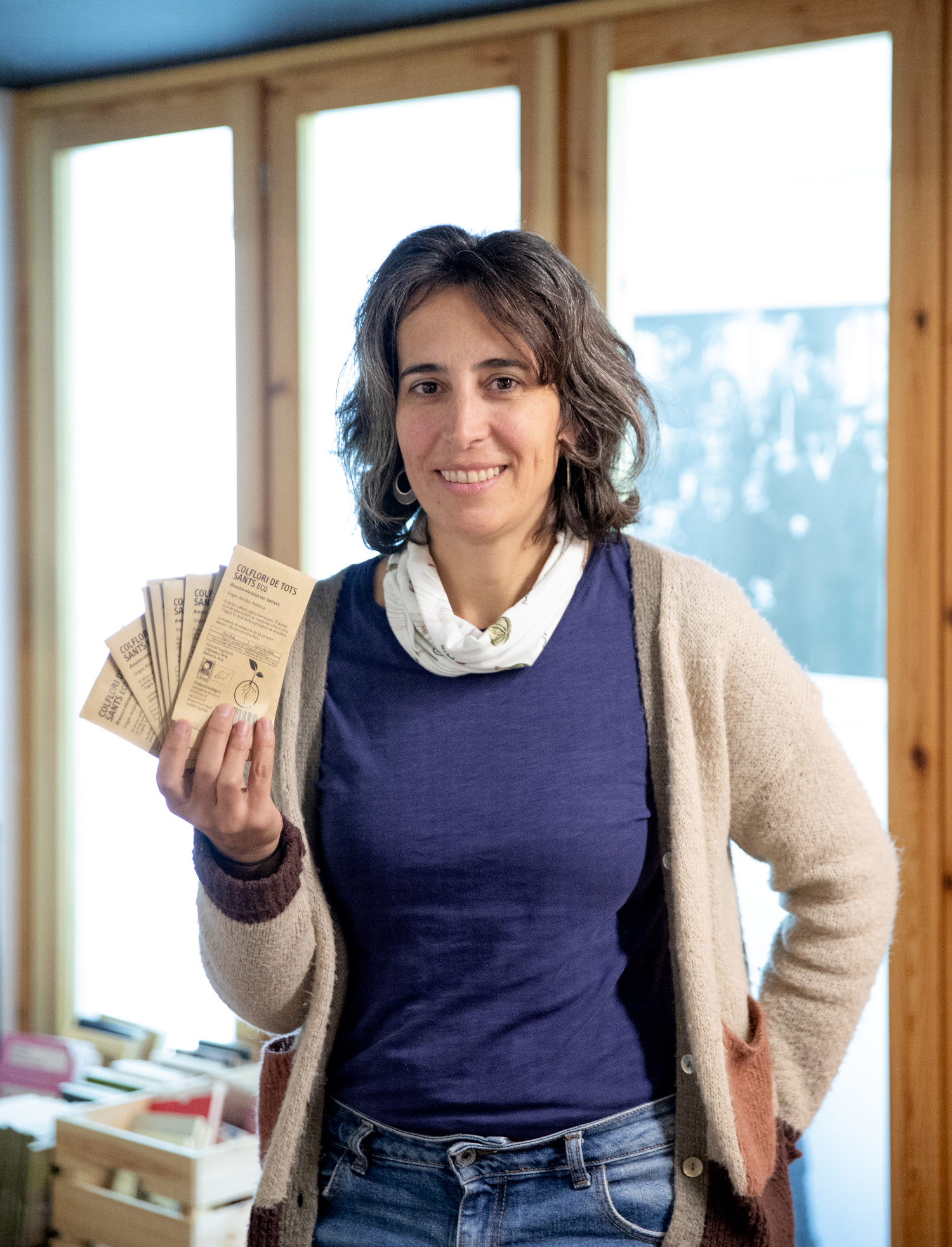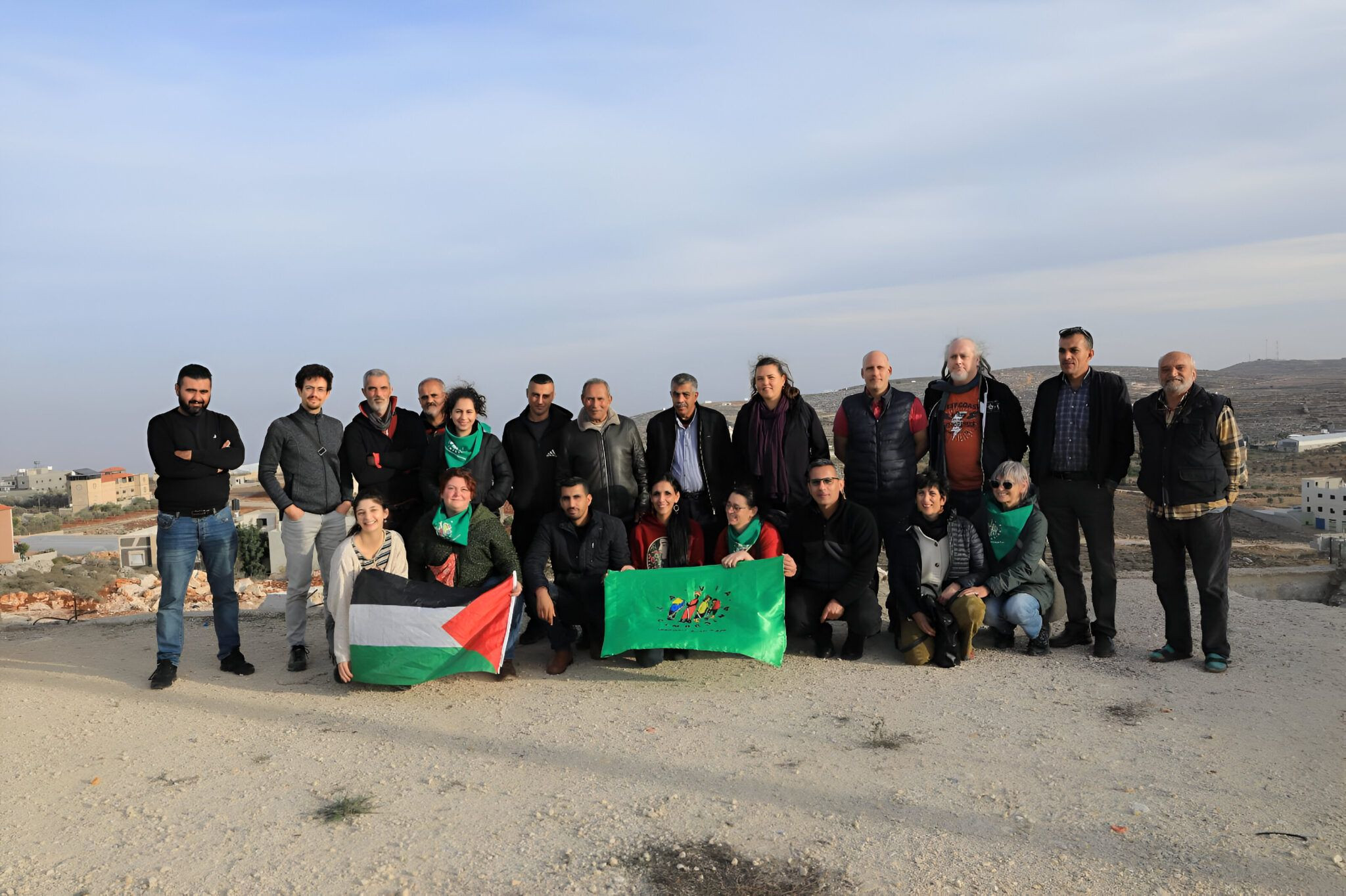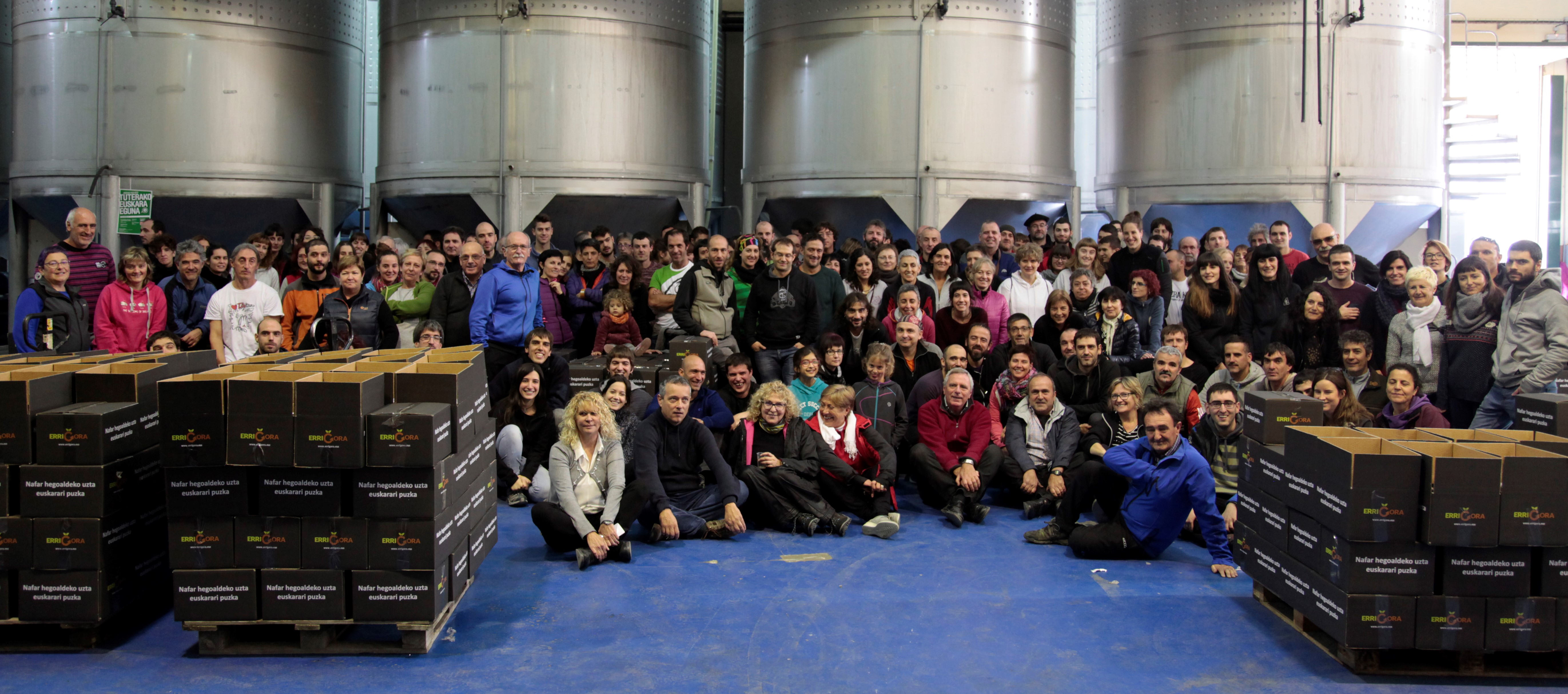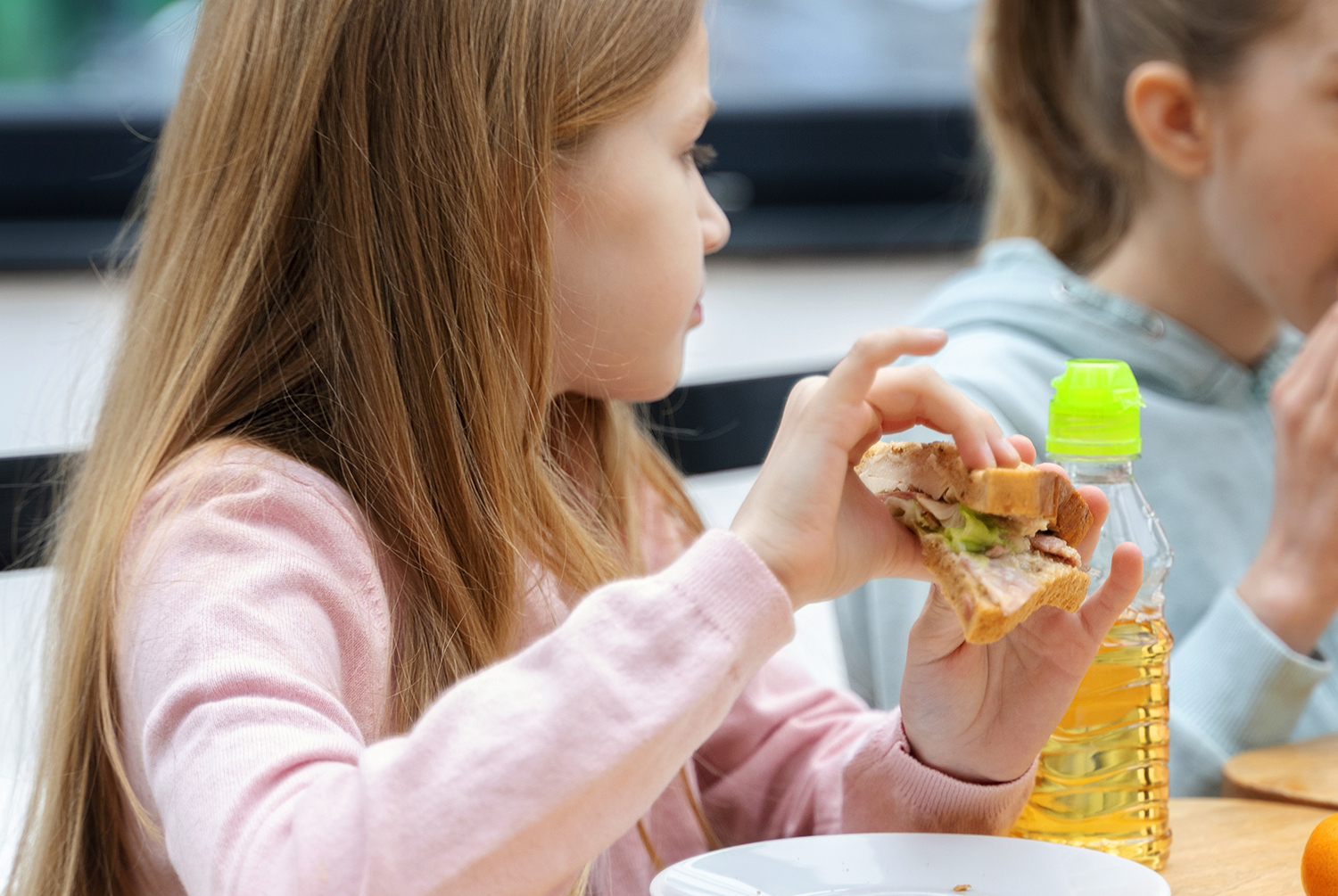“February without supermarkets” to consume restaurants, shops and nearby cottages
- For the seventh year in a row, the Swiss association En Vert et Contre Tout has organized the Février sans Supermarché initiative, which aims to encourage citizens not to make their purchases for a month in the super or hyperres of the large distribution companies, but among small producers and nearby sellers. The campaign already has followers in countries such as Switzerland, Belgium, Sweden or France.

Boycotting big surpers and hypermarkets has not been invented this morning, as the fight against consumerism is old, although minority. The truth is that in 2017 the new environmental organization En Vert et Contre Tout in the Swiss city of Neuchâtel decided to organize a February without supermarket mobilizing volunteers contacted through Facebook. 800 people took part in this action six years ago. The following year, in 2018, there were 20,000 people committed to participating in the campaign that, in addition to Switzerland, also spread in France.
Seven years later, in 2023, the Février sans Supermarché initiative has the same objective, according to the organizers: “We want to promote independent shops, rediscover nearby epicities, promote small producers, drive bulk or bulk purchases, bring people back to small shops and fairs, not learn to buy what we do not need… The aim is to try to change consumption habits in February and extend them to all year round. (…) We also want to take advantage of this challenge to inform the large areas that we do not agree with the excessive packaging of their products, with the food miles they carry, with the rethinking of people and with their prices, with the pressure of local trade as small producers.”
In previous editions, at the time of Covid-19, as they have taken very much into account that public policies against the pandemic have strengthened the giant sellers and the small producers and sellers more, in this edition the organizers of the February without Supermarkets have made special mention of the sudden impact that the increased energy has had on the baserritars, markets and small independent shops. In recent months, the contradictions of agro-industry and the rapid impoverishment of a large part of the population, an increasing number of those who must turn to aid for the purchase of food, have become even more apparent.

“The organizers – they say from the Vert et Contre Tout group – have been in doubt whether they have changed the initiative and have finally decided to continue. The challenge is not only an inductive commitment to ‘consume better’, but it allows people to associate, help each other and organize together a food system more in line with their values. Because individual citizens are not the only ones who suffer the damage from enormous poverty: small businesses also suffer hard damage, some of which have had to close. Traders of epicists selling in bulk have opened up a strong demand for aid for the disappearance of their customers for the confinements set by Covid-19, and many bakers have had to rob their bakeries by strangling the increase in energy. (…) That’s why we believe that February without Supermarket is even more important: independent shops, lodgings and small farms have more than ever our help.”
The Swiss organizers of the campaign declare that they do not receive any form of subsidy and that the team consists exclusively of volunteers. On the other hand, they realize that living a month without resorting to supermarkets is not an easy parium, especially in areas where all trade and local producers have already disappeared, but also in places so far away on the road of dystopia, to try to escape the claws of hypermarkets and agro-industry in small steps, whether to come into contact with the baserritarra that offers baskets of vegetables or meat in the old bar of the old.
From this link you can find all the groups participating in February without Supermarket.
Martxoaren 10etik 26ra izango da udaberriko kanpaina. 'Beste modura, denona de onura' lelopean arituko dira gertuko ekoizpena, banaketa eta kontsumoa babestu eta sustatzeko, ager zonaldean euskara hauspotzen duten bitartean. Apirila amaieratik aurrera jasoko dira... [+]
Euskal Herriko bi muturretatik datoz Itziar (Bilbo, 1982) eta Ekaitz (Erriberri, 2002), sortzen ari den Burujabetzaren Aldeko Mugimenduaren berri ematera. Euskal Herrian diren burujabetza prozesu ugariak arloz arlo bultzatu eta indartu nahi ditu BAMek. Lan horretan hasteko,... [+]
Emakume bakoitzaren errelatotik abiatuta, lurrari eta elikadurari buruzko jakituria kolektibizatu eta sukaldeko iruditegia irauli nahi ditu Ziminttere proiektuak, mahai baten bueltan, sukaldean bertan eta elikagaiak eskutan darabiltzaten bitartean.








